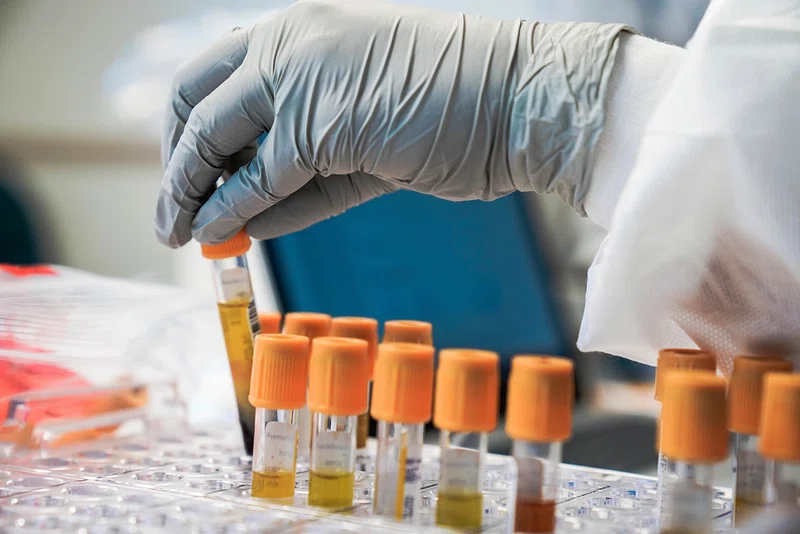When selecting direct primary care services, understanding the range of available lab services is helpful. Primary care doctors often offer on-site or coordinated lab testing, enabling patients to manage their health concerns efficiently. Through advanced diagnostics and lab services, healthcare professionals can monitor overall health, identify potential risks, and guide treatment plans. Explore some of the lab services offered by primary care doctors and their role in diagnosing and managing health conditions.
Blood Tests
Blood tests are integral to preventative care, routine check-ups, and disease management. They analyze different components of the blood to evaluate overall health. Primary care doctors use common blood tests such as:
- Complete Blood Count (CBC), which assesses your overall cell health, indicating infection, anemia, or other conditions.
- Lipid Panel, which measures cholesterol levels and evaluates cardiovascular health.
- Basic Metabolic Panel (BMP), which checks electrolyte balance and kidney function.
Routine blood tests identify early markers of illness, helping physicians recommend treatment before complications arise.
Genetic Testing
Genetic testing has become a valuable tool in primary care, offering insights into hereditary health conditions. By analyzing genetic markers, these tests can assess the risk of medical issues such as cancer, heart disease, and other genetic disorders. Direct primary care organizations utilize this information to develop personalized prevention and monitoring strategies, enabling patients to take an active role in managing their health.
The benefits of genetic testing are wide-ranging. It can help evaluate predispositions to specific diseases, guide family planning decisions, and enable proactive interventions to prevent inherited conditions. By integrating genetic testing into primary care, healthcare providers are paving the way for more personalized and effective medical care.
Hormone Panels
Hormonal imbalances can lead to a wide spectrum of health issues, including fatigue, weight changes, and mood disorders. Hormone panels measure levels of key hormones such as thyroid hormones, estrogen, testosterone, and cortisol.
These tests serve the following purposes:
- Diagnosing conditions like thyroid disorders or adrenal insufficiency.
- Providing insights for managing menopause or andropause symptoms.
- Supporting weight loss initiatives through the evaluation of metabolic hormones.
Addressing hormonal health aids in symptom relief and contributes to overall well-being.
Urine Analysis
Urine analysis, also known as urinalysis, is a foundational laboratory service commonly provided in primary care settings. This non-invasive diagnostic tool is used to detect urinary tract infections, kidney issues, dehydration, and more. Urine tests evaluate various aspects, including protein, glucose, and ketone levels, to monitor metabolic function, signs of infection or inflammation, and kidney function through the detection of crystals, pH levels, or abnormalities. This quick and efficient test plays a role in diagnosing a wide range of acute and chronic conditions.
Partner with Primary Care Doctors for Beneficial Lab Services
Lab services such as blood tests, genetic testing, hormone panels, and urine analysis empower primary care physicians to deliver accurate diagnoses and personalized care. These tests are helpful tools for addressing health concerns, detecting risks, and formulating targeted treatments. Choosing a direct primary care provider means prioritizing your health with convenient access to diagnostic services. To explore how primary care lab services can benefit your health, contact your local primary care office today.
- Choosing the Right Plastic Surgeon for Your Cosmetic Procedure
- Understanding Different Types of Laser Treatments for Skin Rejuvenation
- Why a Family Dentist is Key for Maintaining Oral Health
- The Benefits of Regular Visits to a Wellness Spa
- Exploring the Emotional and Psychological Triggers of Eating Disorders


Leave a Reply